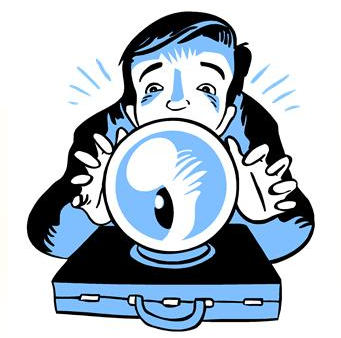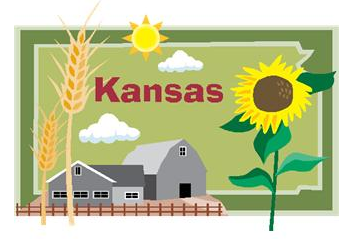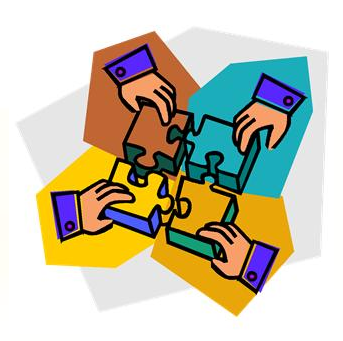The Sedona Conference Commentary on Ethics & Metadata – eDiscovery Best Practices

One of the most influential organizations in eDiscovery is The Sedona Conference® (TSC), and some of TSC’s most recent contributions have been documented in this blog, including a commentary on proportionality (released in 2010), database principles (2011) and guidance for judges (2012). Last month, TSC’s Working Group on Electronic Document Retention & Production (WG1) released it’s Second Edition of The Sedona Conference® Commentary on Ethics & Metadata.
As noted in the Preface of the Commentary, it “focuses on the ethical considerations surrounding the inclusion and review of metadata in the non-discovery and discovery contexts.” It is also “intended to provide practical guidance for lawyers in protecting confidential metadata and to assist the judiciary in fashioning appropriate discovery orders.”
The Commentary was first published for public comment in March 2012. Several recent significant developments in the law – including recommendations adopted by the American Bar Association House of Delegates in August of last year from the ABA Commission on Ethics 20/20 to extend a lawyer’s duty of competence beyond simply competence in the law to competence in technology relevant to advising and representing clients, along with several dozen comments from WG1 members and the general public – spearheaded the updates.
In addition to the Preface and Conclusion, the Commentary is organized into the following sections:
- Ethics and Metadata – Basic Concepts: Defines metadata and describes the different types of metadata (e.g., Application Metadata, File System Metadata, etc.) in detail, as well as describing a lawyer’s primary four ethical duties regarding metadata.
- A Lawyer’s Ethical Obligations Regarding Metadata in the Non-Discovery Context: Discusses topics such as the ethical duties of a lawyer sending metadata or receiving metadata (generally), discussion of bar associations’ ethics opinions prohibiting data mining by the receiving lawyer and which jurisdictions generally do and don’t prohibit data mining and at least one bar association’s suggestion that a lawyer’s duties of competence and diligence require a search for and review of metadata included in electronically transmitted documents.
- A Lawyer’s Ethical Obligations Regarding Metadata in the Discovery Context: Discusses how discovery is different (especially for the receiving lawyer, who is not only generally allowed, but also possibly mandated to search for and examine any produced metadata) and describes in detail the ethical duties of a lawyer producing metadata or receiving metadata in discovery.
- Multijurisdictional Issues: Focuses on multijurisdictional conflicts in which a lawyer receives metadata in the non-discovery context.
- Mitigation: Methods for mitigating metadata (when appropriate), including scrubbing, effective management of track changes, warning about electronic redactions and agreements and orders for handling metadata.
You can download a copy of the commentary here. As always, you can visit the TSC website at to offer your comments on the public forum pages or submit feedback by emailing them at info@sedonaconference.org.
For more on metadata mining ethics, here’s a post from 2011 on an American Bar Association regarding the topic.
So, what do you think? How do you handle metadata in your practice? Please share any comments you might have or if you’d like to know more about a particular topic.
Disclaimer: The views represented herein are exclusively the views of the author, and do not necessarily represent the views held by CloudNine Discovery. eDiscoveryDaily is made available by CloudNine Discovery solely for educational purposes to provide general information about general eDiscovery principles and not to provide specific legal advice applicable to any particular circumstance. eDiscoveryDaily should not be used as a substitute for competent legal advice from a lawyer you have retained and who has agreed to represent you.





